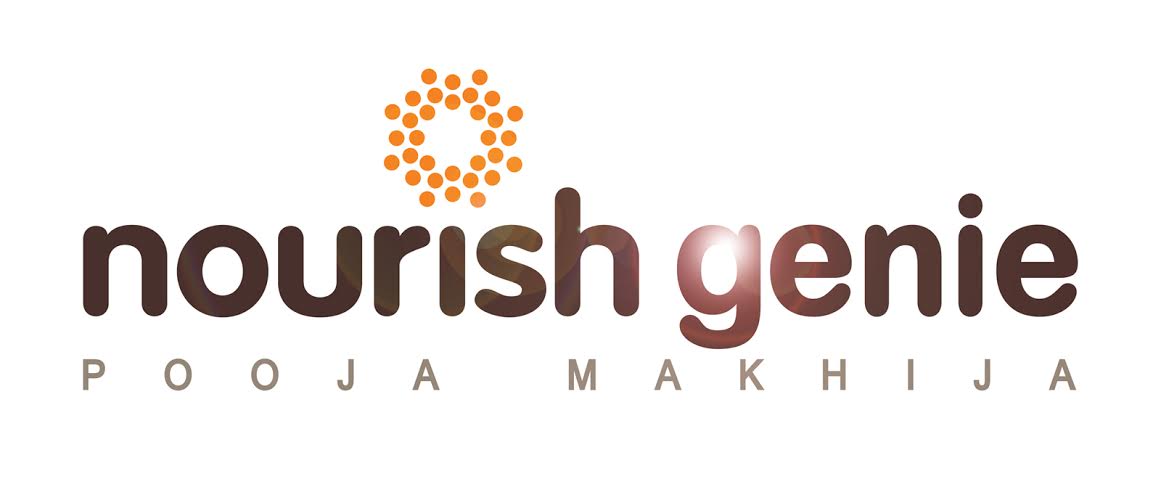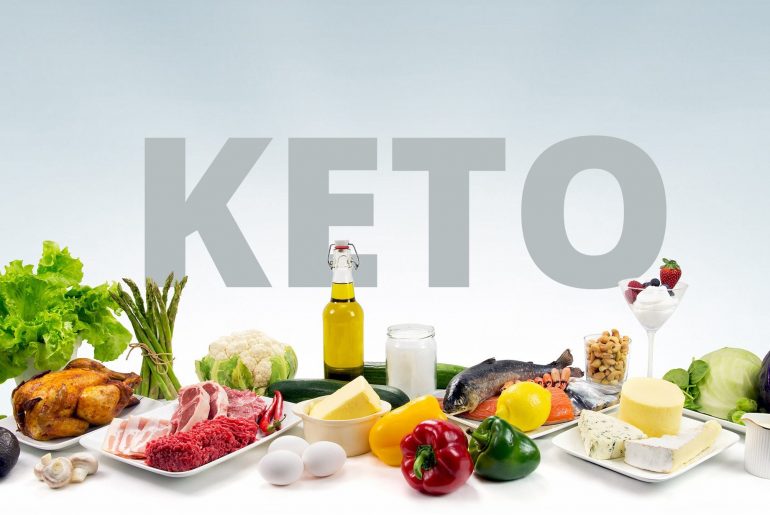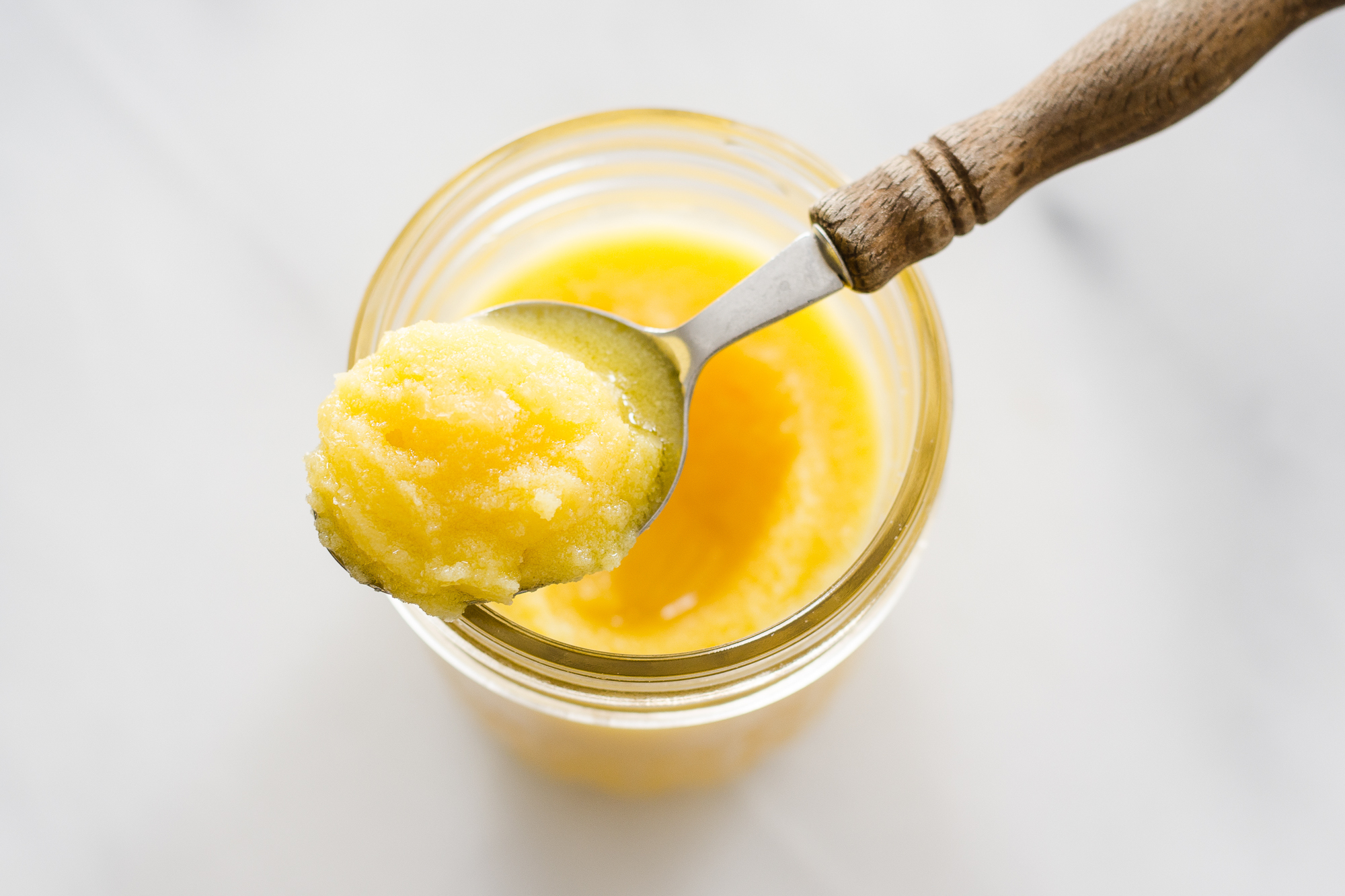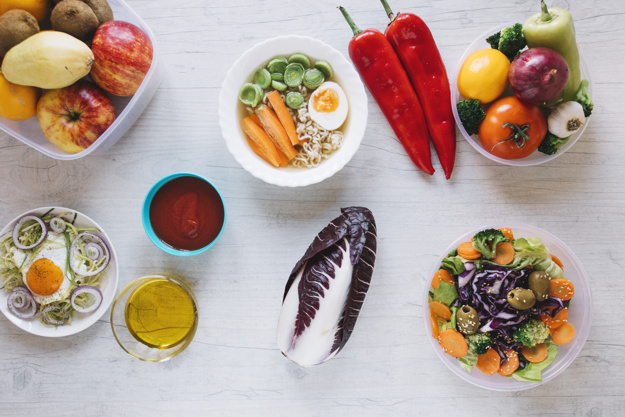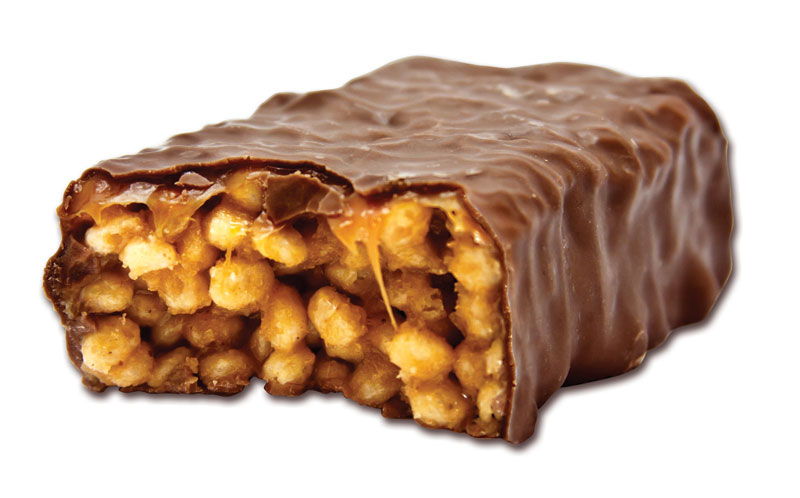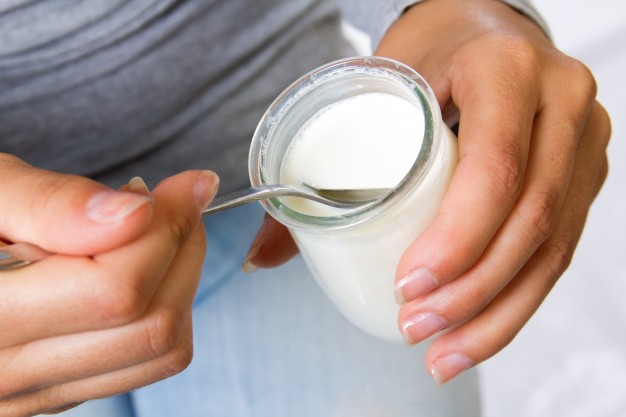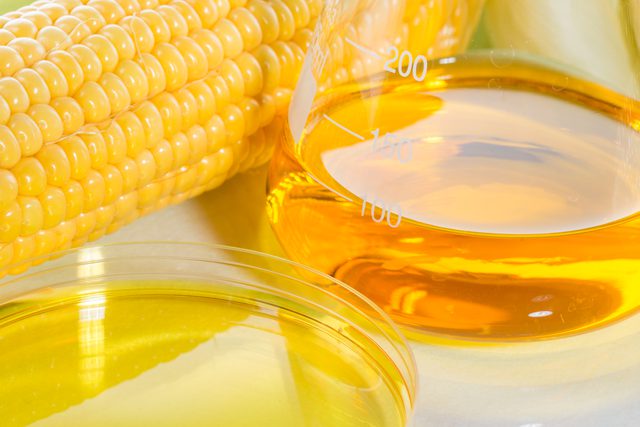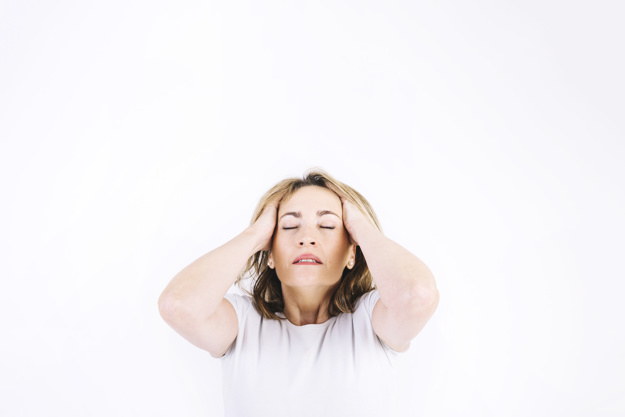Ketogenic diets, that have become the Champagne of diets, have no fiz
If the next conversation you have steers towards losing weight or going on a diet, chances are it will quickly take a sharp turn into more murky waters: ketogenic diet. It’s the most popular diet right now. My clients ask about keto, celebrities whisper about it, and there are many who have already tried it. This piece talks about why you should run in the opposite direction when anyone mentions keto. And keep running. Having said that, run anyway. Exercise is good for you.
What is a keto diet?
Ketogenic diets are high in fat, adequate in protein and low absent in carb, the principle being that a diet on low carb intake will automatically turn to fat as the energy source for your body, i.e., fat won’t be stored but work as fuel.
It’s like this: Carbohydrates in food are converted into glucose, and glucose in turn, gives us energy to perform our numerous daily functions. However, in Ketogenic diets, the theory is that since there is very little carbon intake, the liver converts fat into both ketones and fatty acids. The ketone bodies, in turn, replace glucose as an energy source, which then fuels the body. Theoretically, at least.
Sounds alright, you think. And easy to follow. What’s not to like about high-fat foods? I mean butter chicken every night doesn’t sound bad, does it?
Or fried pakora’s…Well, sorry to burst your kulcha, but if it’s too good to be true, it always is. Here’s why.
Too good to be true?
First up, these diets are composed of 70-80% fat. Considering that the recommended dietary intake of fat shouldn’t exceed 5-10%, what you are essentially doing is immediately increasing your risk of contracting high-fat conditions. On diets like these, high cholesterol is also a possible fallout. But that is nothing compared to the following possible side effects associated with high-fat diets: Fatty deposits on the liver, excessive thirst, tachycardia (rapid heartbeat), fatigue, confusion, light-headness, shakiness, sweating and chills. This could also be due to the fact that many ketogenic diets online don’t always tell you which kinds of fats to use. Fats can be good: Polyunsaturated, monounsaturated, Omega-3 fatty acids, and bad: Trans fats, saturated fats. Needless to say, you need good fats.
In addition, women may In addition, women may also experience disruption of periods, called amino . In children, these diets have been linked to kidney stones, stunted growth, and bone fractures (the latter two related to reduced Insulin Growth Factor 1).
Why veto the keto?
Second, ketogenic diets were designed for epileptic patients, primarily; which meant that the diet was created in response to a medical condition. In the absence of a problem that needs an intervention like a keto diet, are you not better off with a balanced diet? Health, like nutrition, is all about balance.
Last, and definitely not the least, the fact that these diets actually activate ketone production -enough, at least, to be a primary source of energy -is in itself doubtful. It may work for some, but not for others. And even if it does work, your body composition will change, and you will be left with a higher fat to muscle ratio. Which means that when you get back to regular eating, for how long can you go without carbs? Your metabolism will be less efficient because of the higher fat content due to the fact that muscle burns more calories, at rest, than fat.
You will wind up gaining more weight. It may work, therefore, in the short term, but definitely not in the long.
Why risk plugging your arteries, adding to your visceral fat (the precursor to many metabolic diseases) or adding to your abdominal fat when keeping it simple is all you need? It is something to think about.
